
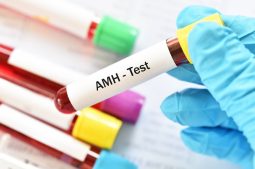
Low AMH levels are generally considered to be an indicator of a low ovarian reserve. It is quite normal for a woman’s AMH levels to decline as she gets older. In younger women this may be a sign of premature loss of fertility. Low AMH fertility treatment could consist of IVF together with hormone treatment…. View Article

The Two-Week Wait symptoms day by day: is it possible to identify some signs before the result of your pregnancy test? After your embryo transfer, you face one of the most uncertain periods in fertility treatment: the Two-Week Wait. By this name, or alternatively beta-wait, we refer to the time that elapses between the transfer… View Article

Getting pregnant at 40 is a common concern we encounter at IVI. Sometimes people wonder if it is even possible. The simple answer is yes, although it can be more difficult. It’s a fact of nature that fertility declines as the years go by. There does come a point in a woman’s life when natural… View Article
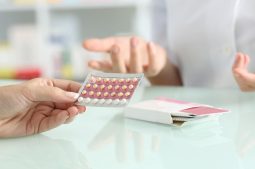
The decision to discontinue the use of contraceptive pills is a significant step in the lives of many women. Whether they are ready to conceive a child or exploring alternative birth control options, stopping contraceptive pills can raise questions and concerns. One of the primary concerns that often arise is how this change will affect… View Article
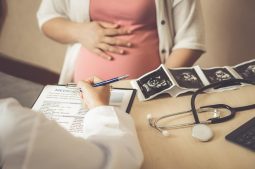
Spain stands out among other European countries due to the difference in regulations surrounding egg donation. While donors in other countries may not be granted anonymity, it is a requirement in Spain. Patients who use donated eggs or sperm in Spain may never know the name or any other identifying particulars about the donor. This… View Article

How to increase anti mullerian hormone levels naturally? If you’ve been diagnosed with low AMH levels, you may be wondering this. There’s no one-size-fits-all answer as each patient will have unique needs. However, there are various natural methods. Throughout this article, we will explore how to raise your antimüllerian hormone levels. What are anti mullerian… View Article

Testicular cancer is the most common cancer among young men worldwide (aged 15 to 35 years). Movember is the global initiative celebrated every year in this month to raise awareness about testicular cancer, prostate cancer, and men’s mental health. Today, we discuss the impact of testicular cancer on male fertility. To what extent is it… View Article
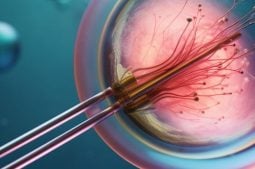
IVIRMA Global has been present once again at the ASRM conference, which took place in New Orleans from October 14 to 18. This event is a global benchmark in the field of assisted reproduction, and IVIRMA Global presented 37 studies during the conference, one of which received the Poster Prize Award. The common goal of these… View Article

In Vitro Fertilization (IVF) is probably the most well-known process in assisted reproduction. This is the technique that helps us to achieve fertilization between the egg and sperm in order to obtain embryos in the laboratory. It may generate many doubts, mainly due to lack of knowledge. However, in this article, we will detail how… View Article
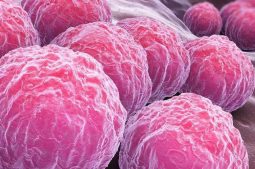
Chlamydia is an insidious disease, often called the “silent killer” due to its lack of outward symptoms. Infected persons can go for weeks, months, or even years without knowing that they have contracted this Sexually Transmitted Infection (STI). They may continue to spread it, unaware that they even have it. This leads to an increasing… View Article
